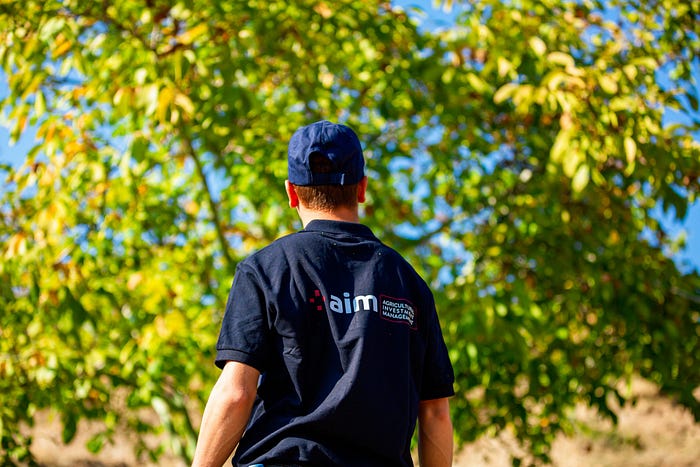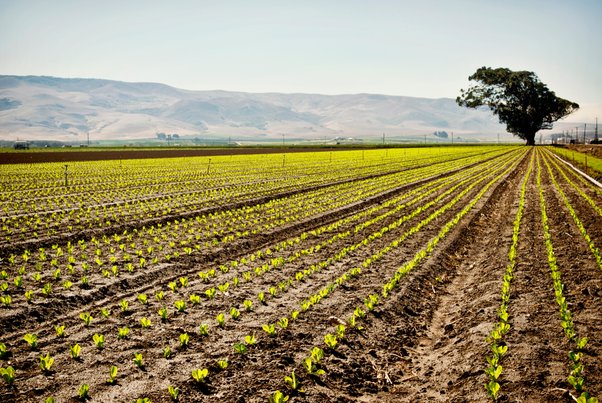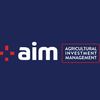In recent years, Turkey has emerged as a promising destination for investment in agriculture farmlands. With its favorable climate, diverse agricultural landscape, and government incentives, the country offers abundant opportunities for investors seeking to capitalize on the agricultural sector. From the fertile plains of Anatolia to the Mediterranean coastline, Turkey boasts a rich agricultural heritage that continues to attract attention from both local and international investors.
Turkey’s Agricultural Landscape
Turkey’s geography is diverse, featuring various climates and soil types conducive to a wide range of agricultural activities. The country’s agricultural sector is characterized by the cultivation of crops such as wheat, barley, cotton, fruits, and vegetables. Additionally, Turkey is a leading producer of walnuts, hazelnuts, figs, and apricots, further highlighting its agricultural potential.
Advantages of Investing in Agriculture Farmlands in Turkey
1. Favorable Climate Conditions:
Turkey benefits from a Mediterranean climate in the coastal regions, providing ideal conditions for the cultivation of citrus fruits, olives, and vegetables. Inland areas boast continental climates, suitable for cereal crops like wheat and barley. Investors can diversify their portfolios by capitalizing on these varied climatic conditions.
2. Government Support and Incentives:
The Turkish government has implemented various incentives to promote investment in the agricultural sector. These incentives include tax breaks, subsidies for machinery and equipment, and support for research and development initiatives. Such favorable policies create an encouraging environment for investors looking to establish or expand agricultural operations.
3. Strategic Location:
Situated at the crossroads of Europe, Asia, and the Middle East, Turkey offers strategic advantages for agricultural trade. Its proximity to major markets enables efficient distribution channels, facilitating access to international buyers. Furthermore, Turkey’s membership in customs unions and trade agreements enhances market opportunities for agricultural products.
4. Growing Domestic and Export Markets:
Turkey has a large domestic market with a growing population that demands a diverse range of agricultural products. Additionally, the country has been expanding its presence in international markets, exporting agricultural goods to various countries worldwide. This growing demand presents lucrative opportunities for investors to tap into both domestic and export markets.
Challenges and Considerations

While investing in agriculture farmlands in Turkey offers promising prospects, there are certain challenges and considerations to keep in mind:
1. Regulatory Environment:
Investors should familiarize themselves with Turkish regulations governing land ownership, agricultural practices, and foreign investment. Navigating bureaucratic processes and ensuring compliance with legal requirements is essential for a successful investment venture.
2. Infrastructure and Technology:
Despite significant progress, Turkey’s agricultural infrastructure and technology adoption may vary across different regions. Investors should assess the availability of essential infrastructure such as irrigation systems, transportation networks, and storage facilities to optimize farm operations.
3. Risk Management:
Agricultural investments are inherently exposed to various risks, including weather fluctuations, pests, and market volatility. Implementing robust risk management strategies, such as diversification of crops and insurance coverage, is crucial to mitigate potential losses.
Conclusion
Investing in agriculture farmlands in Turkey presents an attractive opportunity for investors seeking exposure to a dynamic and resilient sector. With its favorable climate, government incentives, strategic location, and growing markets, Turkey offers a conducive environment for agricultural investment. However, investors must conduct thorough due diligence, understand the regulatory landscape, and implement effective risk management practices to maximize returns and contribute to the sustainable development of Turkey’s agricultural sector.
Invest wisely, reap abundantly — the fertile lands of Turkey await your investment journey.


No comments yet